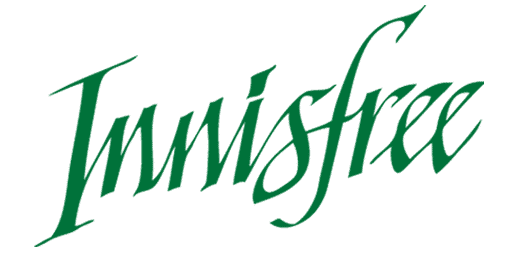Mission
Innisfree Village, a voluntary community with adults with intellectual disabilities, is dedicated to providing a lifesharing home and work environment in an atmosphere of beauty, warmth, and respectfulness. All community members are valued, and all are encouraged to explore and contribute to a meaningful and challenging life.
Lifesharing
At the heart of the Innisfree experience is lifesharing among Innisfree’s more than 75 coworkers, volunteer caregivers, and long-term staff. Lifesharing at Innisfree means that coworkers and their caregivers live, work, and play together, sharing the joys, sorrows, satisfactions, and frustrations of everyday living. In this close-knit environment, everyone learns from each other and community members can develop profound, lifelong relationships.
Volunteering is an essential part of lifesharing. Innisfree’s caregivers are volunteers who forgo traditional employment in the mental-health field, which can advocate detachment between caregivers and care receivers. They choose lifesharing instead because they are seeking a way of life, not a typical job. They commit to at least a year of service to Innisfree. They range in age from their early 20s to their mid70s and come from all walks of life and all over the world, bringing cultural traditions and ideas that enrich community life.
Innisfree shall:
- Be a model therapeutic environment with people with intellectual disabilities, emphasizing empowerment, interdependence, and mutual respect of all community members
- Evolve with the changing needs of the individuals with intellectual disabilities within the community and beyond
- Value work and foster creativity through artistic crafts, stewardship of the land, and daily community life
- Promote efforts in the stewardship of the land to acknowledge the reciprocal relationship between human health and the natural environment
- Encourage the integration of community members into the larger society through participation in cultural, educational, recreational, religious, and volunteer programs
- Rely for its financial resources upon family support, the spirit of volunteerism, and private funding
- Support and encourage the talents and individuality of community members from diverse educational, national, ethnic, and social backgrounds
